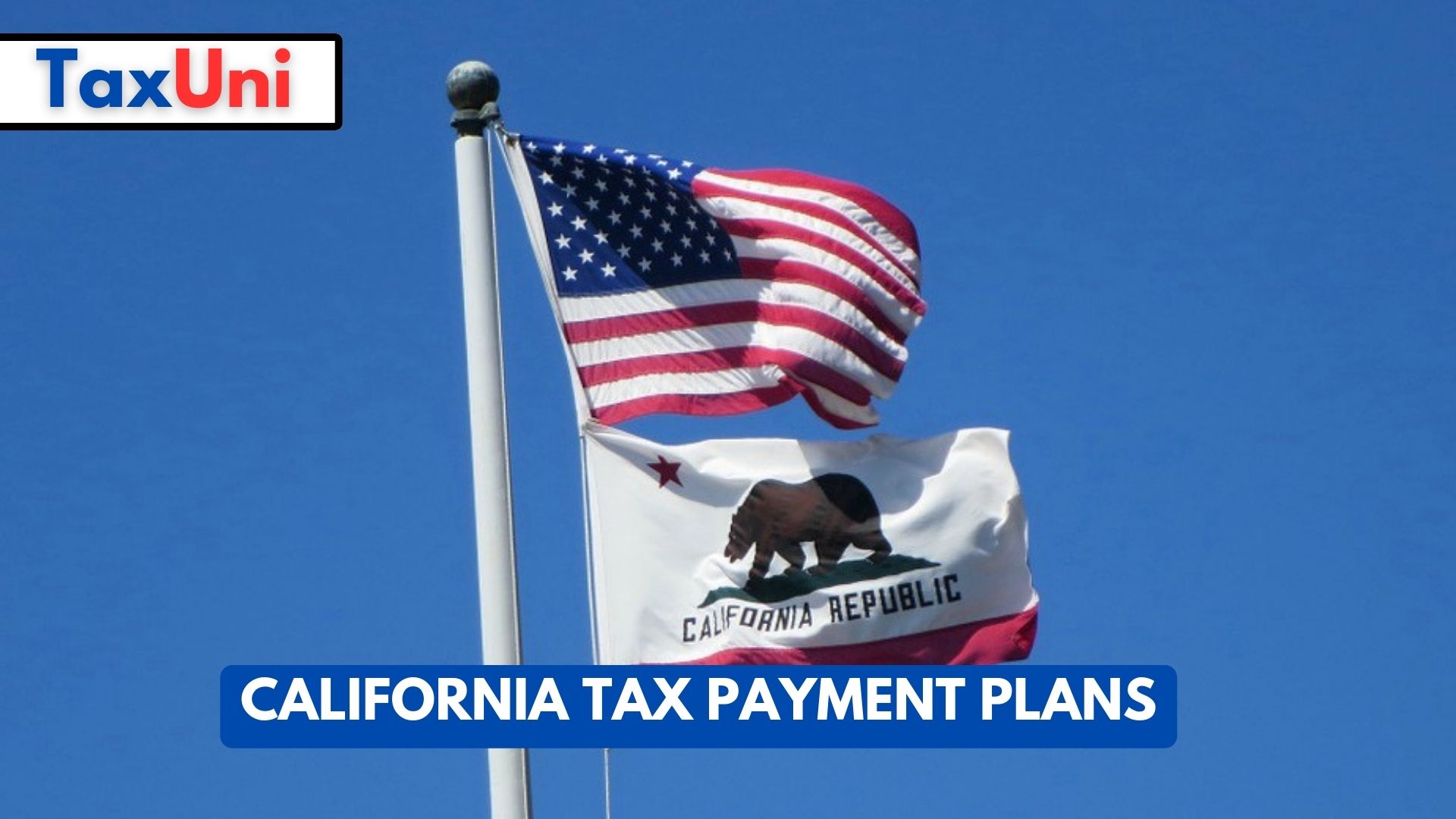California Tax Payment Plans
Many California tax agencies allow individuals to set up payment plans. These agreements can last up to five years.

If you owe taxes in California and cannot pay them in full, you may be able to negotiate an installment agreement. The state’s three main tax agencies – Employment Development Department (EDD), California Department of Taxation and Fee Administration (CDTFA), and Franchise Tax Board (FTB) — offer payment plans for both individuals and businesses. Depending on the agency, these plans can last for up to five years.
The EDD offers two types of payment plans: short-term and long-term. A short-term payment plan liquidates a balance due over a maximum of 180 days. Typically, it requires a minimum monthly payment of $100. The long-term payment plan is a more complicated process that liquidates a balance due over a period of up to five years. This type of agreement can be used to pay off an overdue tax bill or to offset state and federal tax refunds.
Eligibility
To be eligible for a California tax payment plan, you must have all of your income tax returns filed and meet other requirements. Typically, the state gives taxpayers three to five years to pay off their balance after an approved payment plan is established. However, some high-income taxpayers may need to seek hardship status from the FTB to get an installment agreement. If you miss a tax payment, the FTB will file a public record that claims your assets. This can impact your ability to obtain credit or other financial services. You can avoid this by making your payments on time.
You can use the FTB online payment system to make payments with a check or a credit card. However, you should be aware of the credit card processing fees charged by the 3rd party company. Additionally, if you make a payment before the delinquent date of December 10th or April 10th, it must have a hand-stamped postmark to be considered timely. Otherwise, it will be returned for penalties.
Offer in Compromise (OIC) Payment Plan
There are a few different ways to get out from under a tax debt. One is an Offer in Compromise (OIC), which involves settling your taxes for less than what you actually owe. You can do this with the IRS, EDD, or FTB.
You may also be able to negotiate an installment agreement with the FTB. This is a great option for those who have trouble paying their debts. The FTB will usually take into account your age, health, and future earning potential when determining how much you should pay.
In addition, the FTB may be willing to grant a discharge of your state tax debt. This is a very rare option, but it can be helpful if you are unable to pay your debt. It can be granted for a number of reasons, including if you are permanently disabled, if you are retired and living on a fixed income, or if your tax debt was discharged in bankruptcy.
To apply for an OIC with the FTB, you will need to provide a lot of documentation, including proof of income and assets. You should prepare as much of this information as possible before you meet with an agent from the agency. This will help you make a strong case for why your situation is unique and deserves an exception to the rules.
The IRS Tax Payment Plan
The IRS offers long-term payment plans for individuals who are experiencing financial hardship. These plans are often more flexible than the state tax agency’s plans and can last up to 10 years. You may be able to request a streamlined payment agreement if you owe less than $50,000 and can pay the debt within 180 days. In some cases, the IRS will ask you to provide a financial statement. In addition to the payment plan, you can open an installment plan of redemption if your property has been tax-defaulted. This will prevent your property from being sold at auction.





